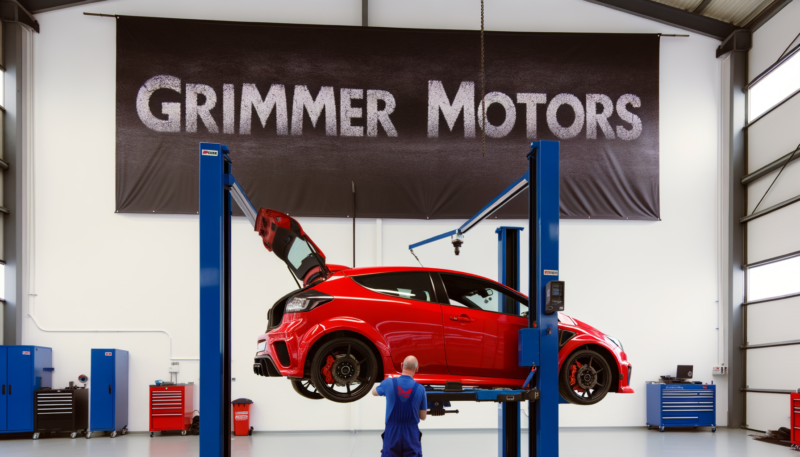Alright, so you’re in Hamilton and you’ve just found out your car needs a few bits sorted before it passes its WOF. If you’ve been getting bounced around on SH3 through Te Awamutu, or dodging potholes near Nawton, chances are your suspension control module’s copped a bit of abuse. We see this a lot, especially on newer vehicles like hybrids, SUVs, and even the odd euro wagon that comes in from Morrinsville or Cambridge. So, here’s the lowdown on four must-do fixes for your suspension control module – explained in plain English, from someone who genuinely cares if your car gets back on the road.
Diagnostic Scan & Error Codes – Finding the Actual Problem
The first thing we always do in the workshop is plug your car into the diagnostic scanner. Think of it like going to the doctor and getting blood tests done – it tells us what’s going on behind the scenes. Whether you’ve got a Nissan X-Trail, a Mazda Demio, or maybe something less common like a Suzuki Vitara or a Citroën C4, we’ll get error codes that point us in the right direction. Sometimes, what feels like a big problem can be sorted with a ten-minute fix! And it means you’re not forking out for parts you don’t actually need. Here’s a bit more about how vehicle diagnostics work in Hamilton.
Software Updates & Proper Calibration – Keeping Things Smart
Modern cars, especially hybrids and European stuff like a Peugeot 308 or Honda Jazz hybrid, rely on their computer brains to keep everything in check. Sometimes your suspension control module just needs a software update or a bit of recalibration after a battery disconnect, sensor swap, or a big pothole adventure on Killarney Road in the rain. We can check if your system’s running the latest software (like a phone update for your car), then calibrate everything so it matches your vehicle spec. Check out more info on why calibration matters and how it’s all done for suspension systems.
Checking Wiring & Connectors – Stopping Those Annoying Faults
Here in the Waikato, moisture’s a killer – foggy mornings near Rototuna, or those muggy Cambridge summers, can make wiring and connectors corrode over time. Had a Toyota Aqua in last week with an intermittent dash light; turned out the culprit was just a dodgy connector under the bonnet. Doesn’t matter if you drive a Subaru Outback or a Kia Stonic, we always check the wiring and plugs, chasing down flaky connections before they cause a WOF fail. Here’s more about common electrical issues in cars and where to sort your auto electrical repairs in Hamilton.
Physical Suspension Check – Not Just the Electronics
Even if the control module is sweet, the suspension’s gutsy parts – shocks, struts, springs – cop a hiding from Hamilton roads, especially if you’re bouncing over Grey Street’s speed bumps every day. French cars like Renault Meganes seem to wear bushings quicker, and we’ve seen a few Honda HR-Vs with leaky shocks after a good knock. We’ll hoist it up, check for leaks, bent bits, or just plain worn-out components. This not only keeps the module happy but stops your whole suspension from giving up. Spot an issue? Here’s what you need to know about suspension repairs for WOF in Hamilton.
Bit of Advice from the Workshop
If you want your car sorted for WOF and spot-on for NZ road conditions, don’t let these things slide. A few quick checks can be the difference between a pass or a fail – and keep you safer rolling through the Five Cross Roads or out toward Matangi on the weekends. If you’re not keen to do the guesswork, just swing by Grimmer Motors. Our team’s sorted heaps of oddball faults on everything from Ford Focuses to Lexus hybrids. Here’s what you get with us:
-
Expertise: Our technicians have fixed pretty much every suspension control module drama you can name, old or new.
-
Quality Gear: We use the best diagnostic tools and up-to-date methods — gets you fixed first time, no stuffing around.
-
Solid Reputation: Loads of local drivers trust us for their car service Hamilton needs, especially when it comes to WOFs and tricky electrical faults.
Keeping your suspension control module in top nick isn’t just about passing your WOF — it’s about peace of mind, knowing your car’s handling those Kiwi roads safely and as comfy as possible.

